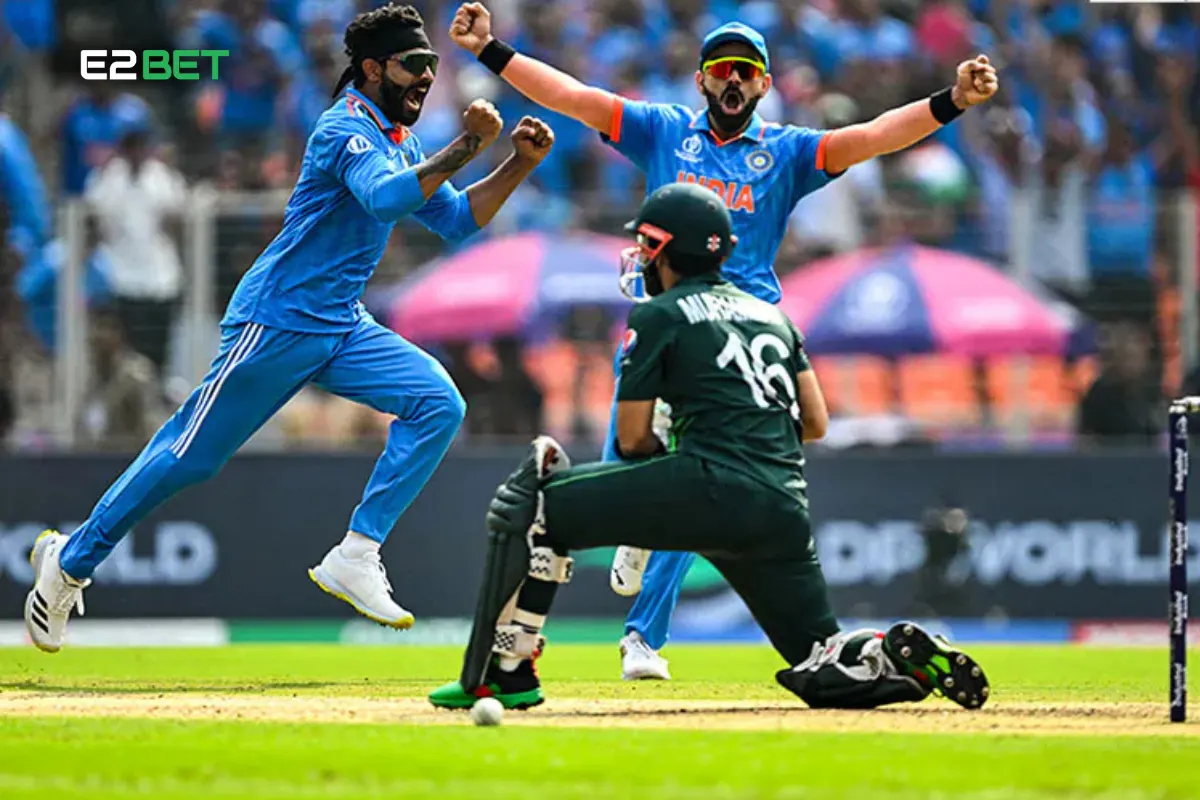In cricket, time management is crucial to ensure a smooth and engaging game. However, sometimes teams fail to complete their allotted overs within the required time, leading to a slow overrate. This not only affects the match’s flow but also results in penalties imposed by the ICC’s slow overrate rules.
Whether you are a player, coach, or just an enthusiastic fan, understanding what slow overrate is in cricket can help you appreciate the game better. This article explores the causes, penalties, and strategies to improve overrate, ensuring compliance with ICC overrate regulations.
What is Slow Overrate in Cricket?
In simple terms, slow overrate occurs when a bowling team fails to complete its required number of overs within the stipulated time. According to ICC overrate rules, the following benchmarks apply:
-
Test Cricket – 15 overs per hour
-
One Day Internationals (ODIs) – 50 overs within 3.5 hours
-
T20 Internationals (T20Is) – 20 overs in 90 minutes
If a team does not meet these requirements, it faces fines and, in severe cases, suspensions. This is why cricket captains must focus on improving overrate to avoid penalties.

Why is Overrate Important in Cricket?
Maintaining an optimal overrate in cricket matches ensures:
-
Better game flow – Avoiding unnecessary delays makes the match more engaging.
-
Fair play – A slow overrate can give bowlers extra rest, disrupting the balance.
-
Respect for broadcasting schedules – Cricket broadcasting networks rely on timely match completion to maintain viewership.
Factors Contributing to Slow Overrate
Excessive Field Adjustments
Many captains take too long making field placements, particularly in Test cricket, which leads to unnecessary delays.
Time Wasted Between Deliveries
-
Fast bowlers and slow overrate – Some fast bowlers take longer run-ups, causing the game to slow down.
-
Fielders not being ready when the bowler is about to deliver.
Wicket Celebrations and DRS Usage
-
Extended wicket celebrations take up game time.
-
Decision Review System (DRS), while necessary, can contribute to overrate violations in Test cricket.
Injuries and Umpire Interventions
Medical time-outs and umpire reviews impact the overrate calculation in cricket, leading to slow matches.
Penalties for Slow Overrate in Cricket
ICC’s Fines and Captain Suspensions
The ICC slow overrate penalty system includes:
-
Match fee deductions – Players and captains may lose a portion of their earnings.
-
Captain suspension rules – If a team repeatedly violates overrate regulations, the captain can be banned for future matches.
-
Points deduction – In leagues like the World Test Championship, teams may lose points for maintaining a slow overrate in Test matches.
Recent Cases of Slow Overrate Penalties
-
India and England slow overrate cases – Both teams have been fined in the past for failing to maintain the required pace.
-
IPL slow overrate fines – Franchise teams have also been penalized under the IPL overrate rules.
How to Improve Overrate in Cricket?
Better Captaincy and Decision-Making
Captains must make quick field adjustments and bowling changes to improve cricket overrate.
Efficient Time Management by Bowlers
-
Bowlers should return to their mark quickly.
-
Minimize long discussions between deliveries.
Use of Technology for Faster Decisions
-
Fast-tracking the DRS process can reduce unnecessary delays.
-
Implementing real-time overrate monitoring in ICC matches.
Stricter Enforcement by Umpires
Umpires must ensure that teams follow ICC match fines for slow overrate and impose immediate penalties when necessary.
Conclusion
A slow overrate in cricket affects not just the teams but also the spectators and broadcasters. By enforcing strict rules and adopting efficient time management strategies, teams can maintain an ideal overrate in cricket matches, ensuring a fair and engaging experience for all.
FAQs
1. What happens if a team has a slow overrate in cricket?
Teams are fined, and captains may face suspension for repeated offenses under the ICC slow overrate policy.
2. How is overrate calculated in cricket?
It is determined by the number of overs bowled per hour. The required rate varies across Test, ODI, and T20 formats.
3. Can slow overrate lead to a match suspension?
While it does not directly cause a match suspension, severe violations may result in a captain being banned for future games.
4. Which teams have been fined for slow overrate?
Teams like India, Australia, and England have all been penalized for slow overrate in cricket matches.
5. How can teams improve their overrate?
By reducing time wasted between deliveries, minimizing field adjustments, and following ICC overrate guidelines, teams can avoid penalties.